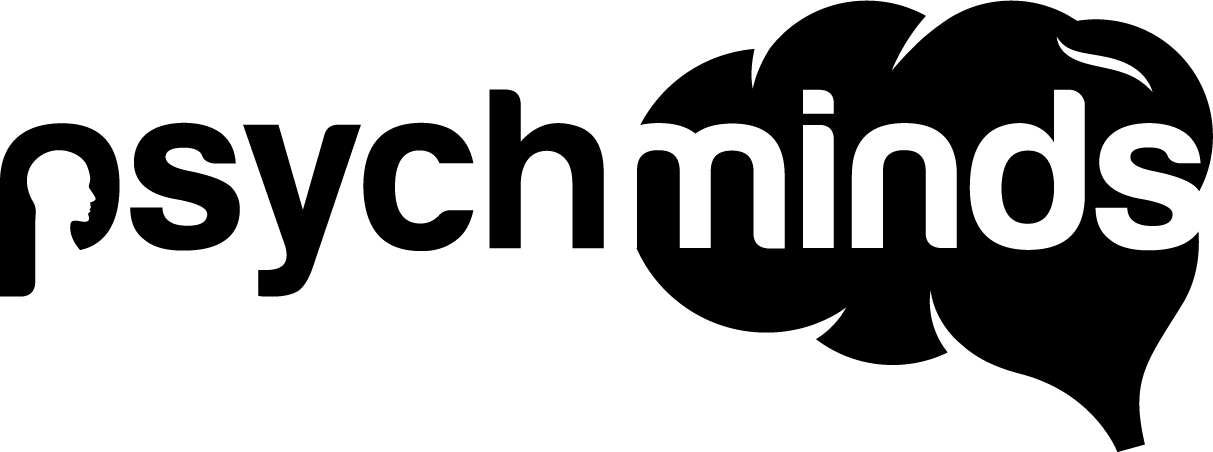Albert Einstein, Sir Isaac Newton, Socrates, William James, Jane Austen, Mahatma Gandhi. What do all these influential people have in common? Introversion. Introverts tend to be overlooked in today’s society. Why is this? There are many myths about introverts such as they do not like to talk or socialize, they always want to be alone or they are all shy. These myths are far from the truth and need debunking.
Individuals who consider themselves introverts tend to prefer to focus on the inner self rather than their surroundings. They enjoy activities that they can do with a close set of friends or people they feel comfortable with. Introverts tend to gain their energy from solitary activities rather than group ones. Extroverts, on the other hand, tend to focus on the world outside of themselves. They enjoy social interactions and tend to be assertive and enthusiastic. They are energized and fueled by social situations and being with other people.
One third to half of the population are considered to be introverts. That is a lot of people. However, society and institutions such as the workforce and schools are all geared up to cater to extroverts needs for constant stimulation. Take the open plan office for example. There is unceasing noise and endless interactions, all under the unwavering eye of the boss. For an extrovert, who may be energized by all this stimulation, this set up works. For an introvert, however, it may impair concentration and creativity. The key to unleashing creativity is to put oneself in the environment one is most comfortable in and finds most stimulating. For many of us, an open plan office just doesn’t do it.
There is also the mistaken belief that introverts are just faulty or malfunctioning extroverts and to be happier and more successful, they should be more outgoing, gregarious and just plain loud. This belief is partly due to the type of culture we live in. There has been a move from rural to urban. From villages to cities. This means that instead of being surrounded by people who know you and are familiar with your personality, you are surrounded by strangers. This means that you constantly have to prove yourself and sell your best qualities. Magnetism, charisma and networking are therefore important traits.
The bias towards extroversion, however, can compromise the valuable talents, energy and happiness of introverts. These types of people are undervalued in the society we live in, which is a shame because they can make great contributions if given the chance. A common trend is for introverts to be overlooked when being considered for leadership roles. It has been found, however, that introverts tend to deliver better outcomes than extroverts do. This is because they tend to be calm, careful and thoughtful. They also allow employees a greater deal of freedom and ingenuity. Extroverts can be overwhelming with their enthusiasm and also tend to be more controlling over the licences given to others. They also listen too little and talk too much. This can be harmful to the workers morale.
Moreover, solitude can be very conducive to the creative mind. Working alone, with no distractions, can allow for deeper thought processes. Recently we have begun to devalue the importance of seclusion and separateness. Generally it has been found that when individuals are in big groups of people, their thoughts, beliefs and values tend to merge, meaning they instinctively mirror the thoughts and feelings of others within that group. Individuals especially try to emulate the most charismatic and talkative person in the group even though his/her ideas may not necessarily be the best or correspond with their own. Individual creativity tends to be smothered in such an environment.
Attitudes towards introversion, quietness and privacy need to change. Offices and schools ought to offer more privacy, freedom and autonomy for their employees and students. Interaction is, of course, crucial to well-being. But while having that in mind, we must also appreciate the need for aloneness. Our inner selves should be valued for what they are, whether extroverted, introverted or somewhere in between. Whatever personality orientation one has, it should be celebrated and rewarded by society. Finally, here are the words of American psychologist Laurie Helgoe, “for all of you who draw energy from inside, behind, underneath, or away from it all, welcome home.”
References
Extraverted or Introverted Preference. (n.d.). Personality Info. Retrieved May 21, 2013, from http://www.mypersonality.info/personality-types/extraverted-introverted/
Quiet Quiz: Are You an Introvert or an Extrovert? (n.d.). Susan Cain. Retrieved May 21, 2013 from http://www.thepowerofintroverts.com/quiet-quiz-are-you-an-introvert/
TED Talks. (March 2012). Susan Cain: The power of introverts. Retrieved May 21, 2013, from http://www.ted.com/talks/susan_cain_the_power_of_introverts.html
















